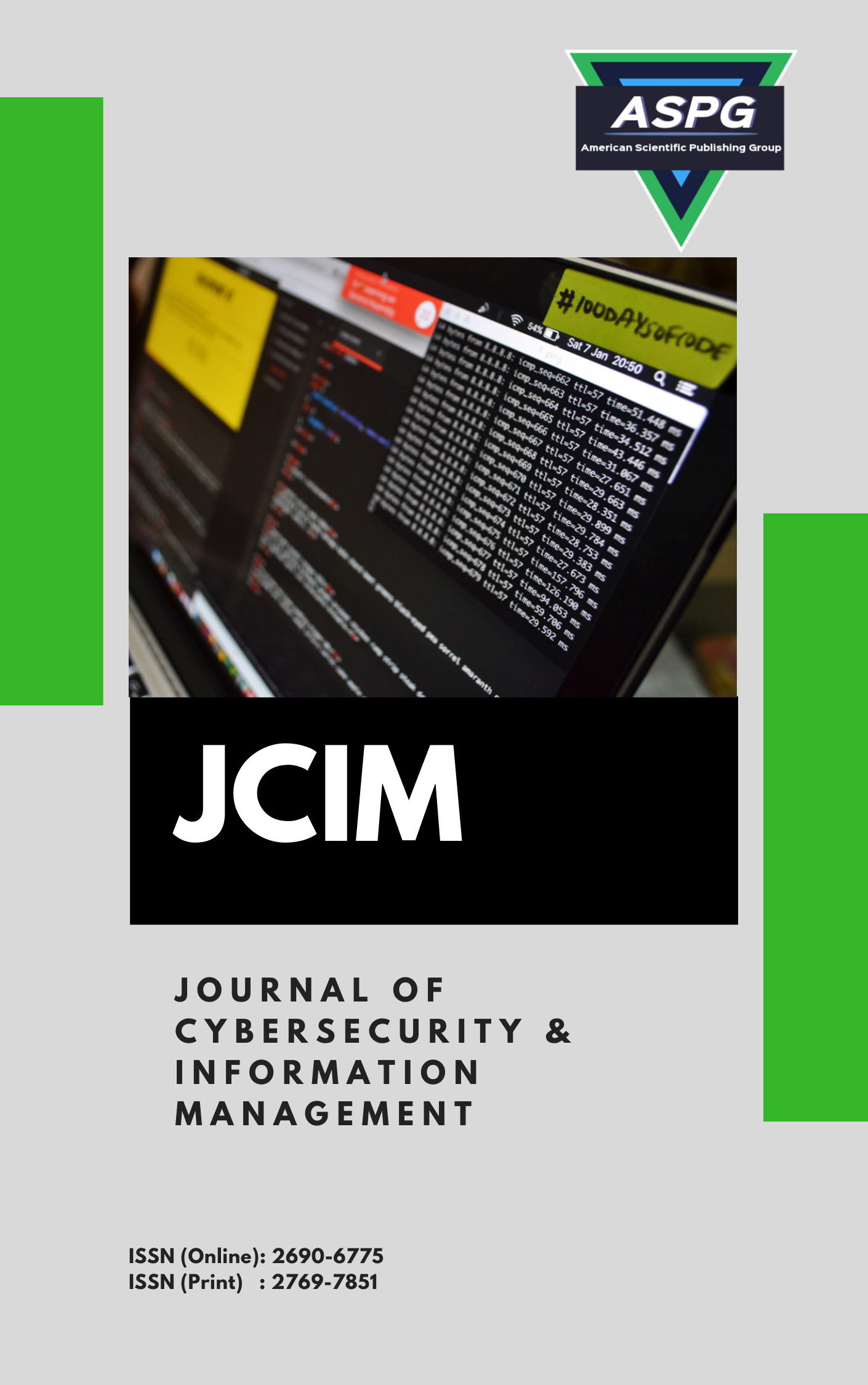

Volume 13 , Issue 2 , PP: 207-219, 2024 | Cite this article as | XML | Html | PDF | Full Length Article
Danish Ather 1 * , Abu B. Bin Abdul Hamid 2 , Noor I. Binti Ya’akub 3 , Rajneesh Kler 4
Doi: https://doi.org/10.54216/JCIM.130217
The core theme of the current investigation is to explore the application of an IoT framework protocol based on an Arduino platform designed to optimize sunflower seed production in Uzbekistan based on the levels of air quality and soil moisture. In essence, the need is to give best actionable intelligence to farmers and the stakeholders in the agricultural sector on crop growing opportunities. The above proposed system involves the use of air quality sensors MQ-135 for instance, and soil moisture sensors. The sensors are connected to Arduino boards to collect necessary data and measurements are recorded every 30 minutes using available WiFi and Bluetooth modules for continuous monitoring. The simulation reveals air quality data of the sunflower fields of the present scenario to be an average at PM2.5 is of 75 µg/m³, which poses danger to the wellbeing of plants. It is further expected that the use of MQ-135 air quality sensors will decrease the overall average of PM2.5 to 45 µg/m³, the local authorities managed to cut emissions by 40% as part of the EU plan. At the present time, the content of the field moistures is 15 % VWC, which is not favorable for sunflower development. Soil moisture sensors for accurate irrigation control is another advance that requires soil moisture levels to rise to 25% vadium weight (VWC), up from 66. 7% improvement. Therefore, it means that the yields from the sunflower seeds are expected to rise from the current average of 1, 500Kg/ha to 1, 875 Kg/ha, which is a 25% enhancement. These results imply that IoT systems developed on the Arduino platform may be used to oversee environmental alteration and increase the agricultural crop yield by a wide margin. The possibility was identified to achieve significant outcomes in increasing sunflower seed production based on this framework when implemented on a larger scale for the benefit of Uzbek farmers.
IoT Framework , Arduino Platform , Sunflower Seed Production , Air Quality Sensors , Soil Moisture Sensors , Agricultural Optimization Uzbekistan Farming
[1] "Wireless sensor networks for agriculture: The state-of-the-art in practice and future challenges," Computers and Electronics in Agriculture, vol. 118, pp. 66-84, 2015.
[2] "A review on the practice of big data analysis in agriculture," Computers and Electronics in Agriculture, vol. 143, pp. 23-37, 2017.
[3] "Design and Implementation of an Arduino Based Smart Irrigation System," in Proc. 2017 IEEE Region 10 Humanitarian Technology Conference (R10-HTC), 2017, pp. 634-637.
[4] "Precision Agriculture Using Wireless Sensor Network and Arduino Technology," in Proc. 2018 International Conference on Computing, Power and Communication Technologies (GUCON), 2018, pp. 299-303.
[5] "Air quality and agriculture: Emissions and impacts," Environmental Pollution, vol. 229, pp. 667-674, 2017.
[6] "Soil moisture monitoring and irrigation management using IoT," Journal of Engineering and Applied Sciences, vol. 12, no. 8, pp. 2042-2047, 2017.
[7] "An IoT-based smart irrigation system for precision agriculture," in Proc. 2019 IEEE International Conference on Consumer Electronics (ICCE), 2019, pp. 1-2.
[8] "IoT based air quality monitoring system for smart agriculture," in Proc. 2020 International Conference on Computer and Information Technology (ICCIT), 2020, pp. 1-6.
[9] A. K. Agarwal, D. Ather, R. Astya, D. Parygin, A. Garg, and D. Raj, “Analysis of environmental factors for smart farming: An internet of things based approach,” in 2021 10th International Conference on System Modeling & Advancement in Research Trends (SMART), IEEE, 2021, pp. 210–214.
[10] R. L. Khan, D. Priyanshu, D. Ather, and H. Allataifeh, “An implementation of internet of things-based live temperature and humidity monitoring system,” in 2022 11th International Conference on System Modeling & Advancement in Research Trends (SMART), IEEE, 2022, pp. 277–281.
[11] W. Yao et al., “Study and application of an elevator failure monitoring system based on the internet of things technology,” Sci. Program, vol. 2022, 2022.
[12] A. Jain, A. Sarkar, D. Ather, and D. Raj, “Temperature Based Automatic Fan Speed Control System using Arduino,” Available at SSRN 4159188, 2022.
[13] R. Kler, D. Ather, G. Singh, N. Chaudhary, and M. Arora, “Predicting Agricultural Growth in Jizzax Region Using Advanced Machine Learning Techniques: An ARIMA-Based Approach,” in 2023 4th International Conference on Computation, Automation and Knowledge Management (ICCAKM), IEEE, 2023, pp. 1–5.
[14] G. Singh, N. Chaudhary, D. Ather, R. Kler, and M. Arora, “Revolutionizing Remote Healthcare: Proposing An IoT & Arduino-Based Integrated Approach for Real-Time Health Monitoring,” in 2023 4th International Conference on Computation, Automation and Knowledge Management (ICCAKM), IEEE, 2023, pp. 1–5.